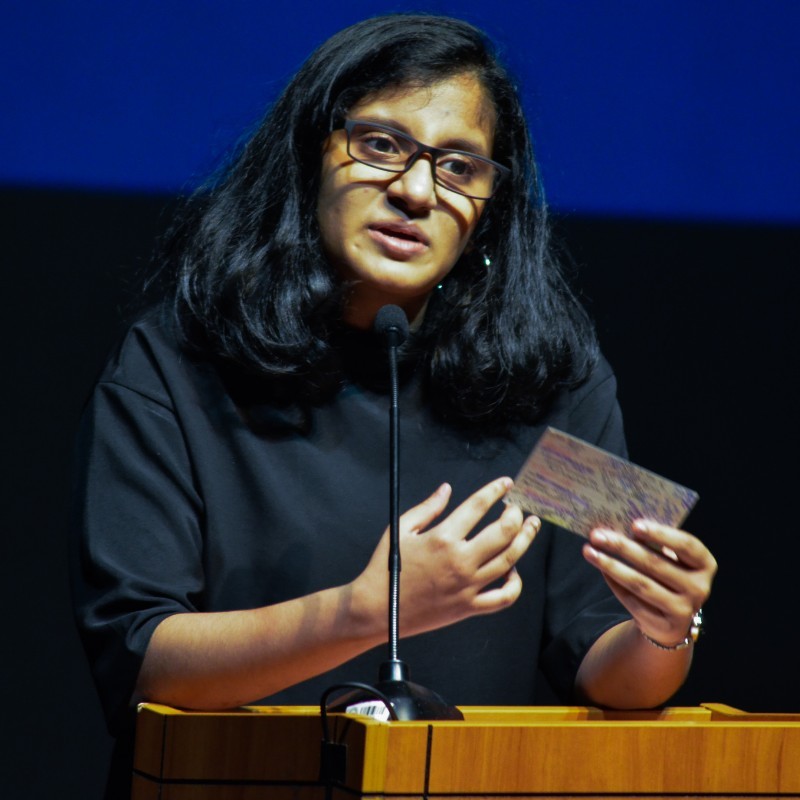Former U.S. President Donald Trump has voiced strong opposition to Tesla’s potential expansion into India, stating that such a move would be “very unfair” to the United States economy and workers.
His comments come amid ongoing negotiations between Tesla CEO Elon Musk and the Indian government, which is actively working to attract foreign automakers to establish manufacturing plants in the country.
Trump’s Concerns Over Tesla’s India Expansion
During an interview with Fox News’ Sean Hannity, Trump expressed frustration that Tesla, an American company, might establish a major factory in India instead of expanding manufacturing in the U.S. He argued that the move could negatively impact American jobs and the domestic auto industry.
Trump’s concerns stem from India’s high import tariffs on foreign-manufactured cars, which currently stand at 100%. Tesla has long advocated for tariff reductions before committing to local manufacturing in India.
“It’s very unfair to the U.S. if Elon Musk and Tesla decide to build a factory in India instead of investing more in American manufacturing,” Trump stated.
For further details on U.S. trade policies, visit the Office of the U.S. Trade Representative (USTR).

Why Tesla Is Looking at India
India has become an attractive destination for electric vehicle (EV) manufacturers, driven by government policies and a growing consumer base. Key reasons for Tesla’s interest in the Indian market include:
- Lower Production Costs: India offers cheaper labor and production costs compared to the U.S.
- Government Incentives: India’s recent policy allows foreign automakers to benefit from lower import duties (15%) if they invest at least $500 million in local manufacturing.
- Expanding EV Market: With India’s commitment to reducing carbon emissions, demand for electric vehicles is rising rapidly.
More about India’s EV policies can be found at Ministry of Heavy Industries, Government of India.
U.S.-India Trade and Tariff Concerns
India has some of the highest import duties on foreign cars, which Tesla has previously cited as a major hurdle to entering the market. In March 2025, the Indian government introduced a new policy reducing import taxes for foreign EV manufacturers, provided they invest in local production.
This tariff reduction has incentivized Tesla and other global automakers to consider manufacturing facilities in India. However, critics argue that India’s trade policies still pose challenges for U.S. companies.
For more on trade relations, visit the U.S. Chamber of Commerce.
How Trump’s Stance Aligns with His Economic Policies
Trump has long been a proponent of protectionist trade policies, advocating for reciprocal tariffs to ensure fairness in international trade. His administration previously imposed tariffs on Chinese and European imports to support American industries.
By opposing Tesla’s move to India, Trump appears to be reinforcing his stance that American companies should prioritize U.S.-based production rather than seeking cheaper alternatives abroad. He has also hinted that if re-elected in 2024, he would introduce policies to discourage U.S. firms from shifting production overseas.

Implications for U.S. Workers and the Auto Industry
Potential Negative Impacts:
- Loss of American Jobs: If Tesla moves significant manufacturing to India, some U.S.-based jobs could be at risk.
- Impact on U.S. Auto Industry: Domestic automakers like Ford, GM, and Rivian might face increased competition if Tesla gains a strong foothold in India.
- Trade Imbalance Concerns: Critics argue that Tesla manufacturing in India could worsen the U.S. trade deficit.
Potential Positive Impacts:
- Cheaper EVs for Global Markets: Manufacturing in India could allow Tesla to produce more affordable EVs for international markets.
- Increased Global Presence: A factory in India could help Tesla compete with Chinese automakers like BYD.
- More Investment in U.S. EV Infrastructure: Tesla’s global success could lead to more research and development spending in the U.S.
Will Tesla Move Forward with Its India Factory?
Despite Trump’s criticism, Tesla has been moving forward with its India plans:
- Tesla has scouted locations for potential factories in Maharashtra and Gujarat.
- The company has begun hiring employees in India.
- Musk has met with Indian officials, including Prime Minister Narendra Modi, to discuss investment plans.
Elon Musk has not directly responded to Trump’s remarks, but he has emphasized that Tesla remains committed to expanding manufacturing globally.
Final Thoughts
Tesla’s potential factory in India has sparked political and economic debate in the U.S. While the move could open up new market opportunities, it has also raised concerns about job losses and trade imbalances. Trump’s strong opposition highlights broader discussions about American manufacturing and global trade fairness.
Whether Tesla will proceed with its India expansion remains uncertain, but the company’s growing presence in international markets suggests that it is looking beyond the U.S. for future growth.
This article has been carefully fact-checked by our editorial team to ensure accuracy and eliminate any misleading information. We are committed to maintaining the highest standards of integrity in our content.

A senior at Yale-NUS College with interests in developmental and labour economics, as well as creative non-fiction and poetry. Currently, I’m studying as an Economics major and an Arts and Humanities minor (focusing on Creative Writing) with heavy involvement in the Singaporean journalism scene and involved in research on economic history and educational policy. I’m working as an author for The Octant, Yale-NUS’ student publication, as a writer for Wingspan, Yale-NUS’ alumni magazine, and as a tutor for the NUS Libraries Writer’s Centre. | Linkedin




